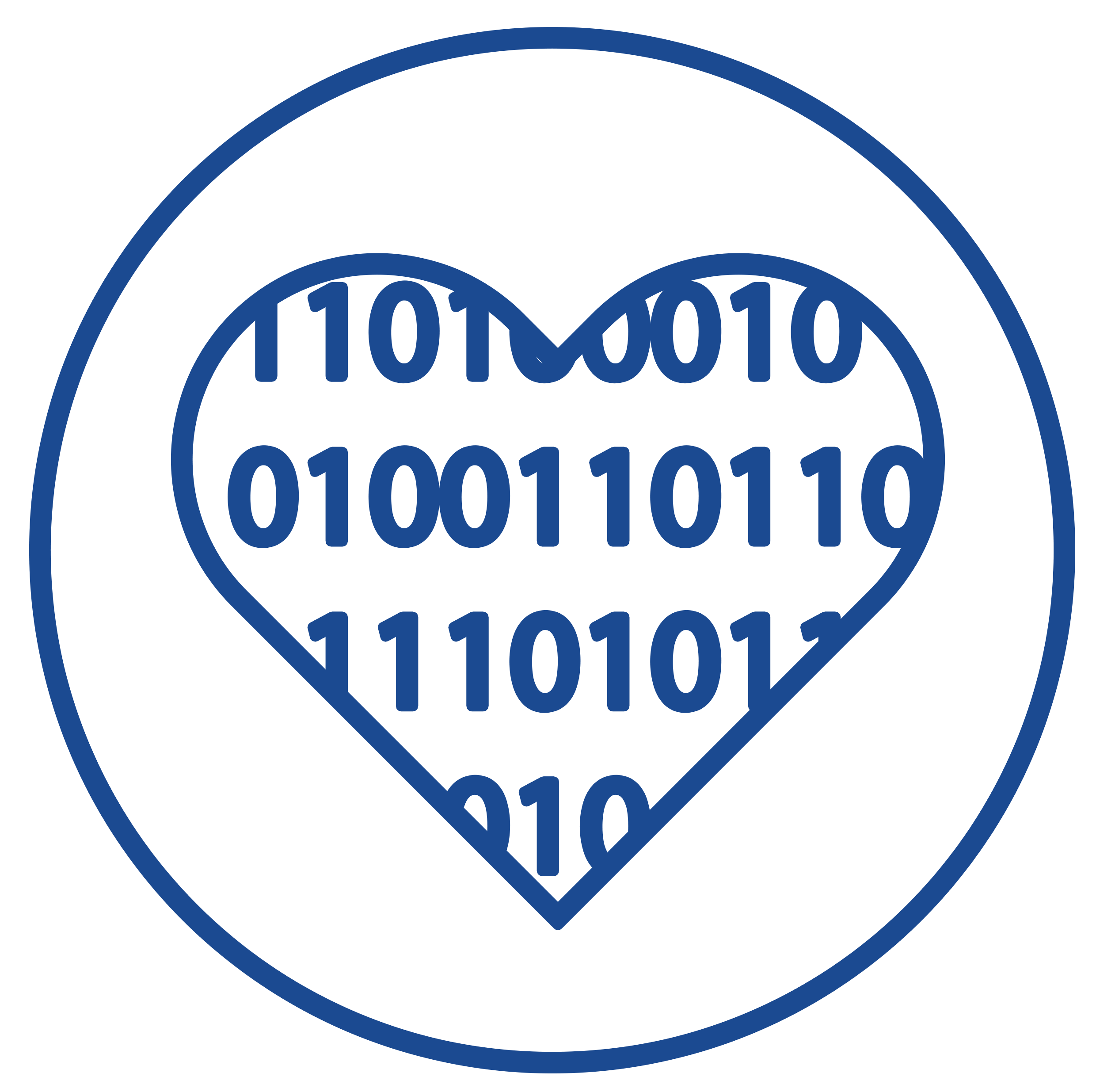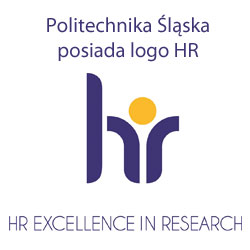Start - Studies on cancer genomics
Studies on cancer genomics
Thanks to the long-term and systematically developed cooperation of the Silesian University of Technology (SUT) and the National Research Institute of Oncology in Gliwice (NIO), joint research is carried out in interdisciplinary research teams with support funded by the SUT, NIO, the National Science Centre, Poland (NCN) and the National Centre for Research and Development (NCBR) (over 70 projects acquired in the last five years ) and foreign agencies (NIH, EU FP7, H2020, Euratom, NSF, 14 grants). The thematic scope of the implemented projects is extensive, covering both molecular-level research and multifactor analysis of patients' survival.
University researchers are world-class experts in cancer research. They are prominent specialists in the field of personalized medicine and nanomedicine, and their achievements in medical image processing algorithms are at a high global level. It is confirmed by very numerous publications in the most renowned scientific journals in the field of computational oncology (> 100 in the top 10% according to the Scopus / WoS list during the last five years) and documented by 14 joint projects with researchers from the top100 universities from the Shanghai list (Uni of Cambridge, Columbia Uni, Uni of California LA and San Fran, Yale University, Imperial College London, Heidelberg Uni, Technical University of Munich, Uni-Texas, MD Anderson Cancer Center, Uni-Geneva, McGill Uni, Rice Uni, Uni of Florida or Stockholm Uni).
Works on tumour genomics, including clonality evaluation algorithms and cancer cell evolution models, or those focusing on the multi-domain cell proliferation and EMT and NF-kB signalling pathway interactions, have met with great interest from other researchers. Integration of information at various levels (molecular, cellular, cancerous) is the future direction, and research in this field is carried out in collaboration with specialists from leading American (Columbia, UT, Baylor College of Medicine, Rice) and Polish research institutions (IPPT PAN, NIO).
Our experts
Marek Kimmel is a Professor of Statistics and Bioengineering at the Systems Engineering Group, Silesian University of Technology and an Associate Chair at the Department of Statistics, Rice University. Professor Kimmel is an expert in biocybernetics. The area of professor Kimmel’s research includes model-based predictions of lung cancer progression, detection and treatment, theory and applications of branching processes in cancer biology and genetics, genomic approaches to hematological and other cancers, modeling of signaling pathways related to the NF-κB transcription factor and research in the field of population genetics of complex diseases.
Michał Marczyk specializes in biocybernetics. His area of research interests focuses on bioinformatics and explorative analysis of biological and medical data. In his work he uses signal modeling and mathematical statistics tools for processing and analysis of high-throughput biological data to correctly interpret them. As part of his doctoral thesis, he created tools for analysis of DNA microarrays and MALDI-ToF mass spectra. Then he worked on new techniques for processing, detection and modeling of protein spots on 2D electrophoresis gels, and he was involved in the analysis of clinical data of patients with various cancers in terms of seeking disease biomarkers or negative effects of therapy. Currently, he is working on the analysis of data from sequencing of genome (ATAC-seq, Bisulfite seq., whole genome seq.) and transcriptome (RNA-seq, single-cell RNA-seq) in translational research in oncology to search for drug candidates and improve cancer therapies.













